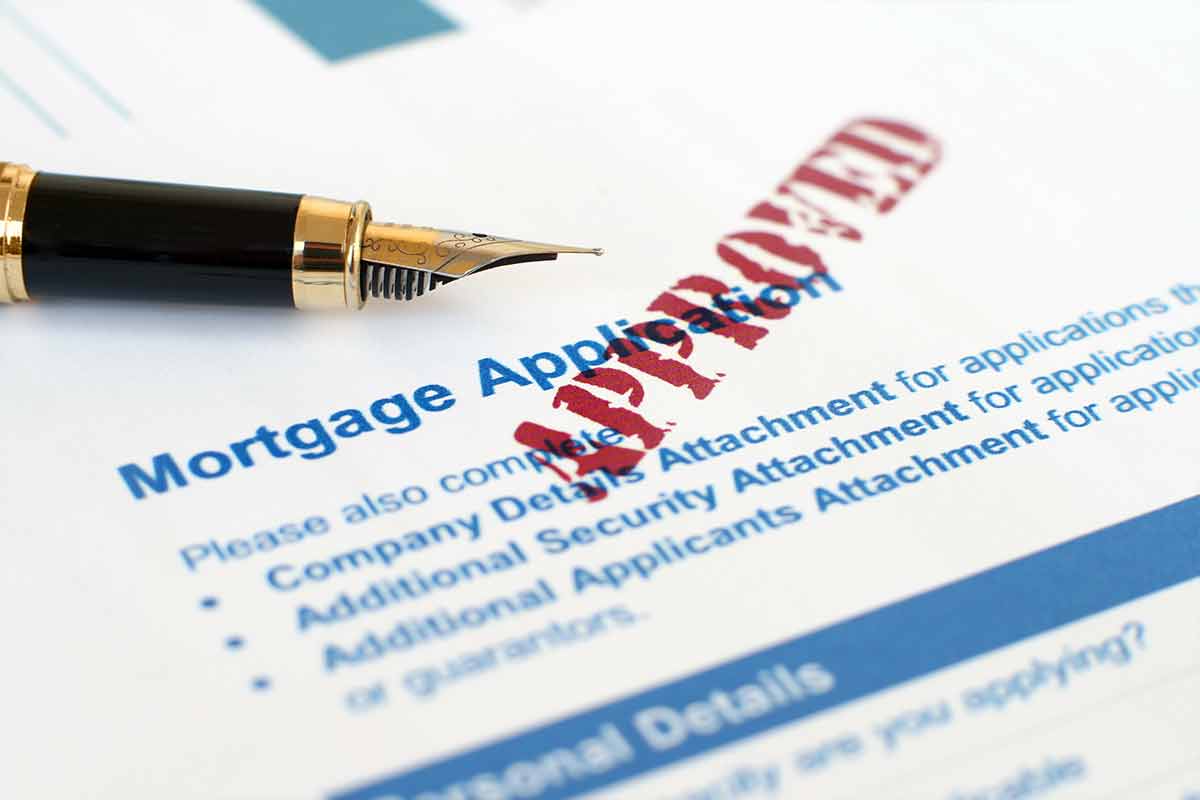Our companies are backed by the Best Pick Guarantee. Call one today!
Renting can be tiresome and annoying if your neighbors complain about noises that aren’t your fault (I’m not bitter), or if your neighbors are actually making noise. Sharing walls and the ceiling/floors isn’t the perfect scenario for anyone, but buying a house seems daunting.
Eventually, though, you’ll probably want to take on the task.
If you’ve never owned a home before, the buying process can be overwhelming. If you aren’t familiar with the terminology, it can complicate the process even further. Read up on these terms so you’ll know exactly what’s happening when it’s happening.

Appraisal
A professional will conduct an appraisal for the buying party to ascertain that the value of the house matches the value of other homes. If you are borrowing money to buy the house, the bank may require an appraisal.
If the value of the house is less than what you’ve been approved to borrow, you’ll either need to negotiate with the seller on their asking price or increase your down payment. Otherwise, your contract with the seller may be invalidated.
An appraisal is different from a home inspection, which is also important to take care of before buying a house.
Private Mortgage Insurance Rates
When your down payment is less than 20 percent of the cost of the house, you’ll most likely have to get private mortgage insurance (PMI) so that the institution loaning you the money will be protected if the home goes into foreclosure. Rates will vary from person to person based on the size of the down payment and your credit score.
Depending on your income, PMI may be tax deductible, but it can still be a significant cost every month, especially if the lender requires a minimum length of time for the contract.
Escrow
It might sound fancy, but it really just means a form of money (like an Earnest Money Deposit; see below) that a neutral third-party holds until a requirement (i.e. signing a contract) is fulfilled. According to Merriam-Webster, the word has French origins and was first used in 1594, so maybe that’s why it seems fancy.
Earnest Money Deposit
An earnest money deposit, or “good faith” deposit, is usually paid after your offer on the house has been accepted to represent your acceptance of the contractual agreement. Either the real estate broker or the title company will hold the earnest money deposit until it is applied to the down payment at closing.
Be sure to read the provisions in your contract thoroughly so that you will understand what scenarios could result in a return or loss of your earnest money deposit. Some of these instances include:
- Misrepresenting your income
- Backing out of the agreement late in the game
- Waiving your contingencies
Speaking of a Contingency Clause…
What is it? Generally speaking, there are two kinds of contingencies: financial and inspection. Their purpose is to protect you in the event of problems with the mortgage processing or the inspection returning bad results (Did I mention yet that a home inspection is important?).
Unless you’re just going to entirely demolish the property when you own it, it’s wise not to waive the inspection contingency.
Due Diligence Period
The due diligence period is the time between the binding date and closing. Certain tasks have to be accomplished during this period, such as the home inspection and fixing any issues found during that inspection. The length and other requirements will vary between contracts.
Walk-Through
You can request to schedule a final walk-through for the day of closing to make sure everything is in order. You and your real estate agent can go through the house to make sure everything is in order before closing.
If (and by that I mean “when”) you’re on the selling end of this, make sure you are finished moving out of the house by this point if that is part of the agreement. Closing is tense enough as it is without having slight miscommunications.

Closing
Closing is when the deal gets sealed; loans are processed through all institutions, and the house officially becomes yours. Sometimes, the selling party will request a third-party lawyer to officiate the closing, which may play into your closing costs.
Depending on your negotiations, closing costs can be paid by the selling party, the buying party, or a combination of both.
Homeowners’ Association
If the house you’re looking at is located in a neighborhood, residents are often subject to a monthly homeowners’ association fee and occasionally an initiation fee. These fees don’t apply to all neighborhoods, but they can be expensive if a homeowners’ association takes care of maintenance aspects like landscaping or perks such as a pool and a gym.
Depending on your contract, you may need to pay both fees at the same time, possibly when you close on the house. This information, along with all the HOA rules and regulations, are usually available online (I tried a search for the HOA regulations in my neighborhood—it works).
Conclusion
Say goodbye to lugging groceries up three flights of stairs and hello to staying in one place for a few years! Buying a house can be complicated, so make sure you go into the process prepared. Understanding these terms will help you on your way to finding your first house to call home.
To sum the process up on a basic level:
- Have an appraisal conducted on the house you’re interested in before you apply for a loan.
- Factor PMI into your budget if you aren’t going to pay a 20 percent down payment.
- An earnest money deposit signals that you’re serious about your offer. If accepted, it’s held in an escrow account.
- Once your offer is accepted, financial and inspection contingencies begin, as does the due diligence period.
- Schedule a walk-through, and if everything is squared away, proceed with closing
- Adhere to HOA rules, and enjoy your new home!

























